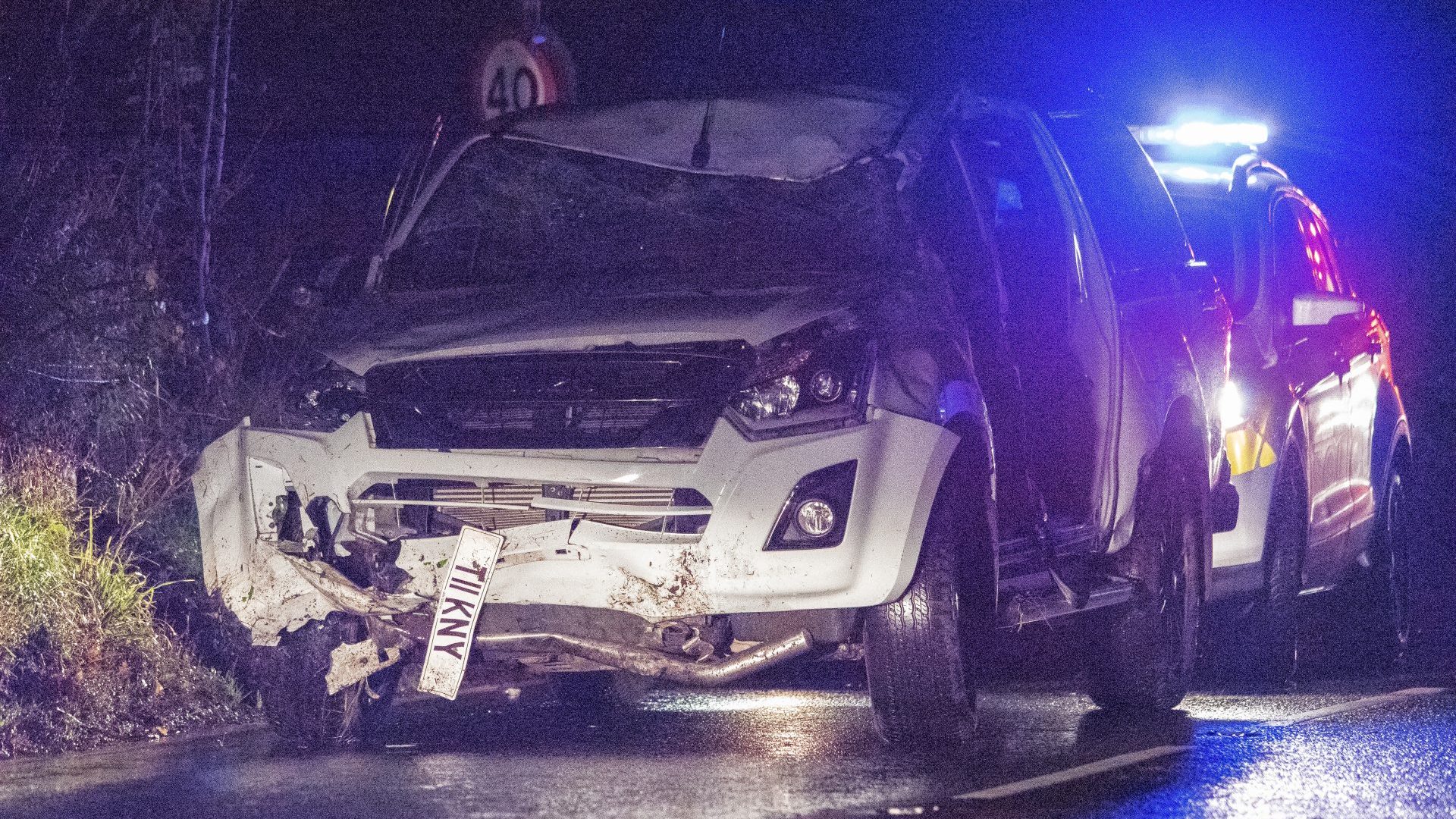

Researchers at the University of Glasgow have found that stricter drunk driving laws have not reduced crash rates in Scotland.
The European country lowered its drunk driving threshold from 35 micrograms per 100 millimeters of breath to 22 in 2014, but as data shows, it hasn’t played out the way they expected. Instead, the crash rate has increased, and is now greater than that of England or Wales.
According to a paper published in The Lancet medical journal, stricter laws have not significantly affected alcohol sales, finding a sub-one percent drop in “on-trade” (in bars, restaurants, et cetera) sales, and no change in “off-trade” (store-bought) instances, the latter of which make up around three quarters of sales volume. Researchers posited that the majority of road traffic accidents (RTAs) continued to be caused by drivers who continue to drive while intoxicated, despite the new laws.
“Our negative findings for total, serious or fatal, and single-vehicle night-time RTAs were unexpected given previous evidence that generally supports a reduction of RTAs after reducing the BAC limit for drivers,” said professor Jim Lewsey of the Institute of Health and Wellbeing at Glasgow University, in the report. “The most plausible explanation of our finding of no effect of the reduced BAC limit for drivers on RTA outcome is that this limit was insufficiently enforced or publicized or both.”
To reverse the trend, Lewsey advised “frequent and systematic random breath testing, supported by public education, publicity, and awareness campaigns.”
One potential cause for the rising crash rate could be the distraction that is cell phones, which affects people of all ages equally. France has almost entirely banned cell phone use on the road, save for when in emergency situations on the side of the road, though the effects of that ban have yet to be determined, as it was announced only in February of this year.